Mayor Wu's 2025 Plan to Address Rising Tax Bills
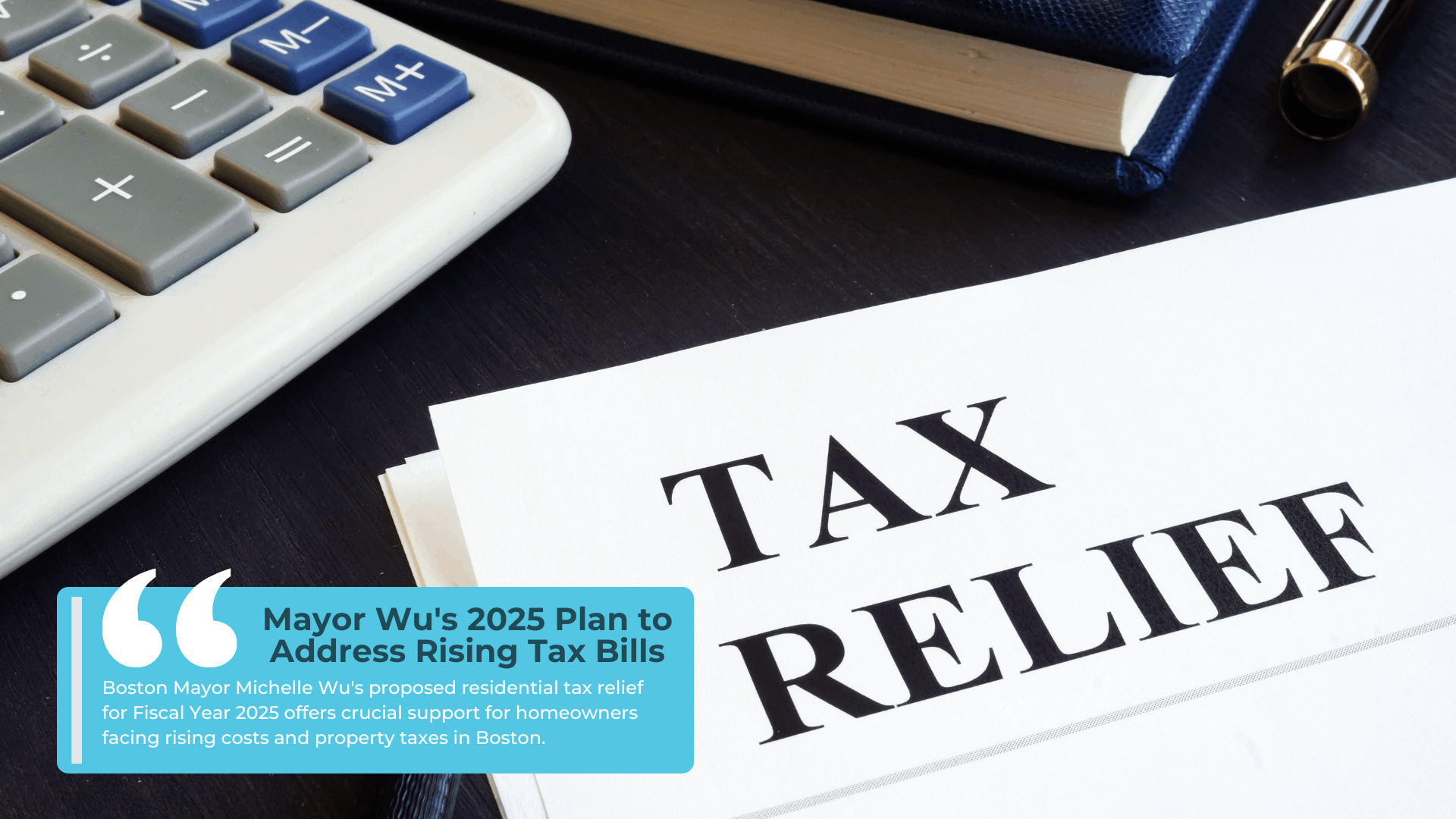
As the owner of Digital Realty US and a dedicated real estate broker, I understand how vital financial stability is for homeowners. In Boston, the rising cost of living and increasing property taxes have become pressing issues for many. That’s why Boston Mayor Michelle Wu’s reintroduced residential tax relief proposal for Fiscal Year 2025 is a pivotal development.
Mayor Wu’s Proposal: A Lifeline for Boston Homeowners
Mayor Wu’s updated tax relief legislation is designed to provide immediate financial assistance to residents grappling with significant increases in their property tax bills. Homeowners saw a notable 10.4% average rise in their tax obligations—the largest increase since 2007—when bills were sent out on January 1, 2025.
Key Aspects of the Proposal:
- Immediate Relief. The proposal addresses the urgent need for financial assistance for homeowners struggling with unexpected tax hikes. Mayor Wu has emphasized the weight these increases place on residents and the need for swift action to alleviate the burden.
- Expanded Tax Rebates and Exemptions. The legislation includes provisions for residential tax rebates and proposes increased exemptions for small businesses and low-income seniors. Specifically, the exemption threshold for small businesses on personal property would rise to $30,000, potentially benefiting an additional 2,500 businesses.
- Addressing Legislative Challenges. This is not Mayor Wu’s first attempt at tackling the issue. Her previous proposal was blocked in the Massachusetts Senate due to concerns over revenue projections. This refiled legislation aims to address those issues while advocating for a more equitable tax burden shift from residential to commercial properties.
- Long-Term Stability. The proposal also outlines tax classifications for Fiscal Years 2026 and 2027, aiming to stabilize the tax structure during economic transitions. Additionally, it includes a $15 million annual appropriation to offset the impact on small businesses affected by these shifts.
- Political and Economic Context. Beyond immediate relief, this initiative is a test of Mayor Wu’s political influence as she gears up for her re-election campaign. Her administration’s focus on affordability, affordable housing initiatives, and energy cost reductions underscores her commitment to making Boston a more livable city.

What This Means for Boston Residents
If approved by the Boston City Council and the State House, this legislation could significantly ease financial pressures for homeowners and small businesses alike. For those of us in the real estate industry, it’s crucial to stay informed about these changes. This proposal not only impacts property ownership costs but could also influence broader market dynamics, such as property values and demand.
At Digital Realty US, we strive to keep our clients informed about legislative and market shifts that affect their investments. Mayor Wu’s reintroduced proposal is a significant step toward addressing rising costs and ensuring that Boston remains an affordable place to live and thrive.
As always, feel free to reach out if you have questions about how this legislation might impact you as a homeowner or potential buyer. Let’s navigate these changes together and find the best solutions for your real estate needs.
Categories
Recent Posts
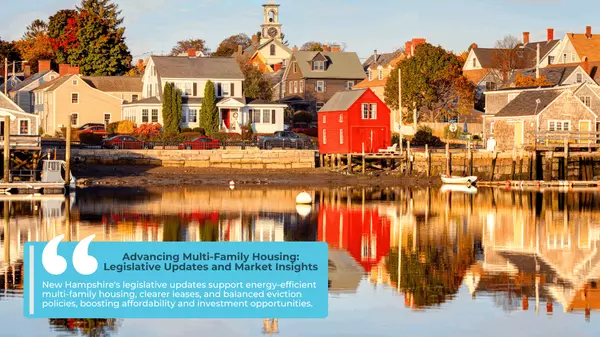
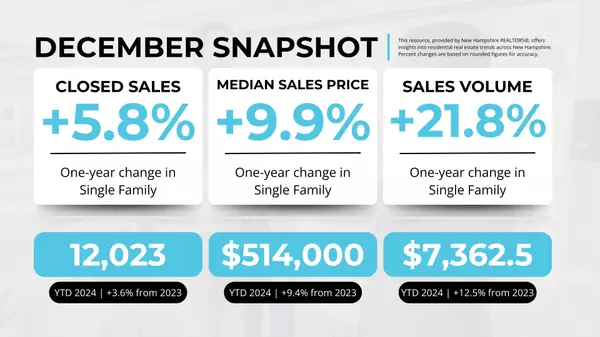
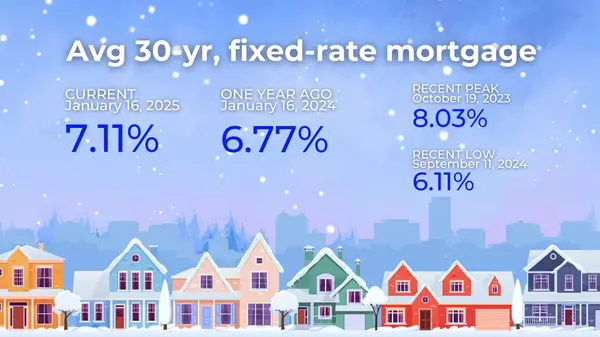
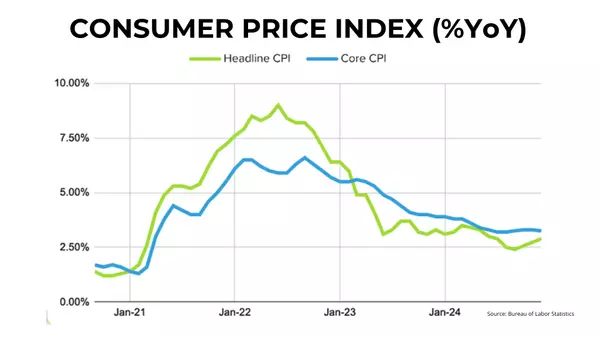
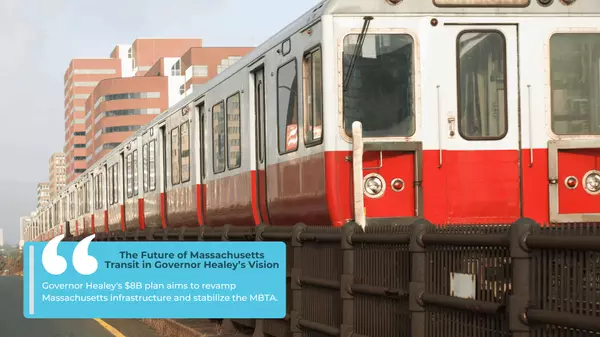
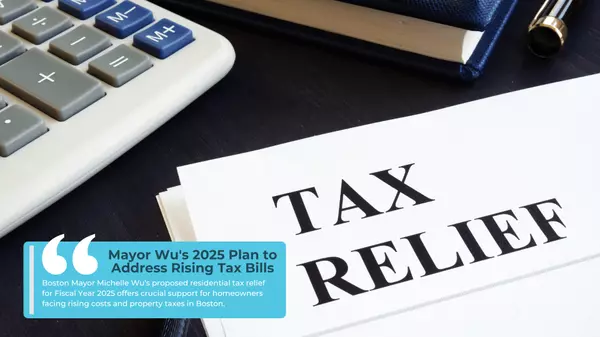
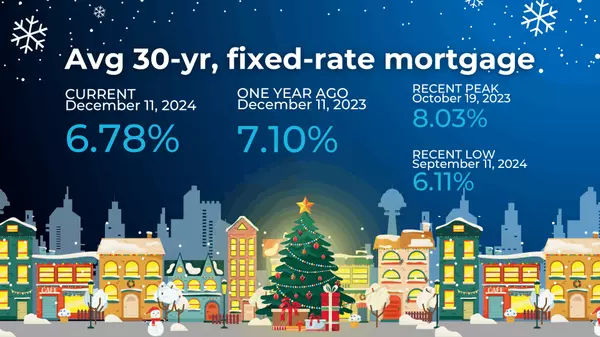
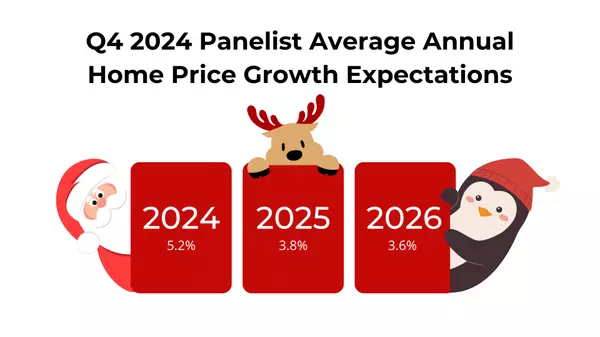
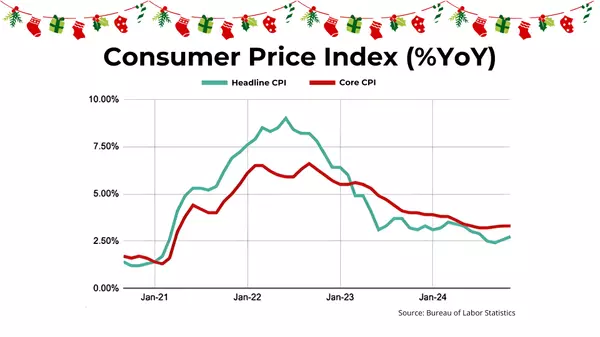
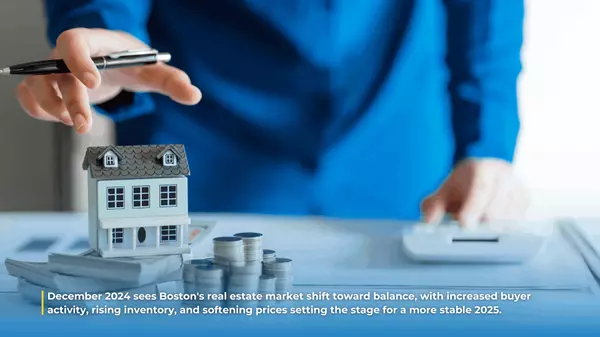
GET MORE INFORMATION

